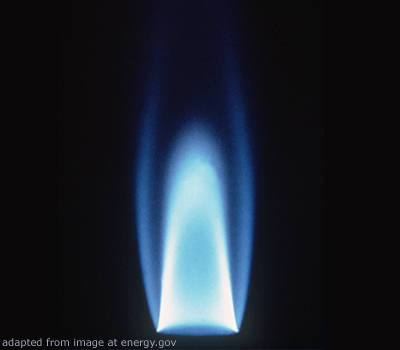Russia gripes to WTO about EU gas market laws

(Business New Europe – bne.eu – Iana Dreyer in Brussels – June 24, 2015)
Russia has formally requested that a dispute settlement panel be established at the World Trade Organization to rule on its complaints against EU energy market laws. From a legal and geopoliticial perspective, this is perhaps one of the most interesting cases the WTO will have to deal with in the near future.
On June 19, at the WTO’s dispute settlement body’s meeting in Geneva, Russia formally requested the establishment of a dispute settlement panel. The EU used its right enshrined in WTO dispute settlement procedures to reject – only once – such a request, but Russia seems determined to take this fight to its full conclusion in the WTO. The case was brought to the world trade body last year.
This case is very unusual in the WTO’s history and will subject for the first time the EU’s energy market laws – notably the 2009 Third Energy Package – to WTO scrutiny. The series of laws rolled out over the last six years were designed to increase competition in the EU’s formerly monopolised gas markets.
One of the goals of the EU’s competition drive in the gas sector has been to help member states diversify their sources of energy. A competitive, more unified gas market is seen as the most effective way of increasing energy security in Europe. Such rules are seen to help Central and Eastern European member states – where the issue is most pressing – avoid becoming a political pressure point for Moscow via its state-owned gas giant Gazprom.
Indeed in many CEE countries Gazprom is the sole source of gas, frequently also an investor in local pipelines, a co-owner of trading companies, and a partial owner of the same utilities that buy gas from Russia. The Third Energy Package involves measures that can break precisely this kind of lock-in of individual EU gas markets. And it is interesting to see that Moscow’s complaints as described in its 9-page submission to the DSB mainly focus on Central and European cases, although unbundling has happened elsewhere in the EUand Russia sells more gas to bigger markets like Germany or Italy.
The question the Russian WTO case fundamentally raises is whether a WTO member strategy that aims to diversify its sources of energy imports can be considered anticompetitive and involving breaches against principles of non-discrimination in the sense of the GATT/WTO, i.e. in a liberal market sense.
Russia disagrees with the core elements of the Third Energy Package: the separation of production, transmission and distribution activities in gas markets, also called ‘unbundling’. Russia complains most about the most radical form of it: ‘full-ownership unbundling’. This form of unbundling was implemented for example by Lithuania in 2011. Russia had sued the Lithuanian government in an investor-to-state dispute case in Stockholm, but recently dropped its claim.
Moscow also has gripes about the 2009 Gas Directive requirement that foreign investors into transmission grid operators (TSOs), in other words the operators of pipelines, do not pose a ‘security of supply’ risk. Russia further feels unduly discriminated against in mechanisms the EU has precisely designed to increase the security of gas supplies. These measures include exemptions to market rules to guarantee certain infrastructure investments get done, capacity mechanisms, and infrastructure projects aimed at interconnecting national gas markets within the EU and investing in alternative supply capacity such as LNG terminals (so-called ‘Projects of Common Interest’).
Will a WTO dispute settlement body – if ultimately set up – rule against measures that fundamentally aim at establishing a more liberal market order in Europe’s energy markets? That is highly questionable. Yet Moscow could well get its way in some cases, for example in the way some changes were administered in practice by some EU member states.
From a legal and geopoliticial perspective, this is perhaps one of the most interesting cases the WTO will have to deal with in the coming months or years.
The EU has rejected this first Russian request for a panel. But WTO rules allow Russia to file a second request that the EU can’t oppose, so this story looks sure to run for some time yet.
